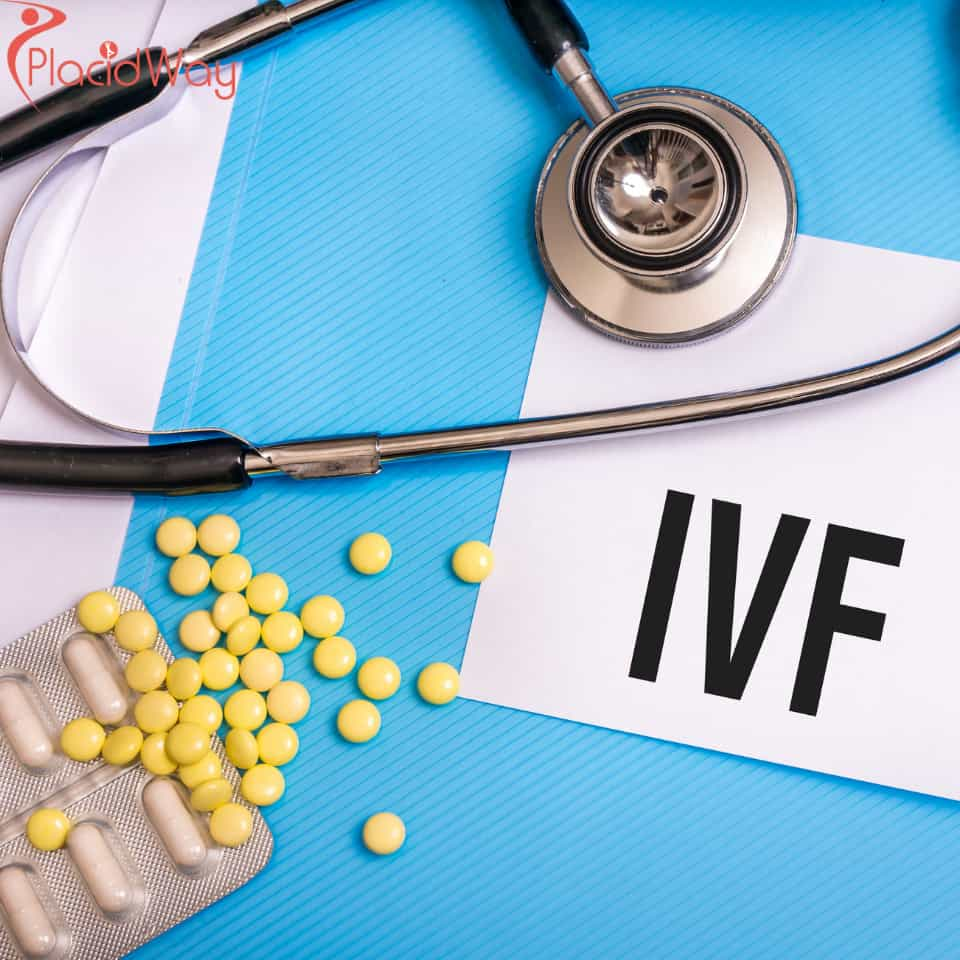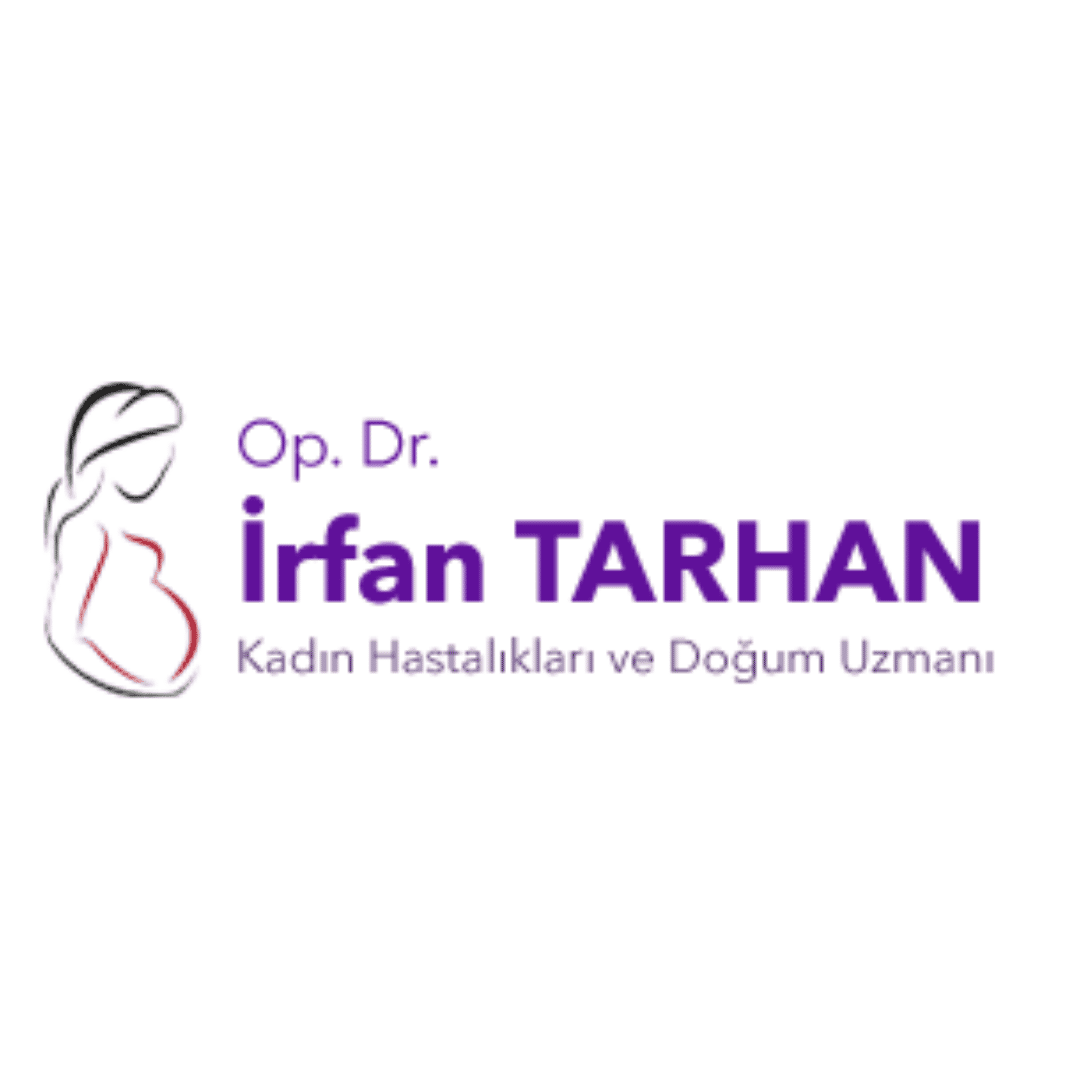IVF Age Limits in Turkey: Exploring Options

Infertility can affect individuals of all ages, and for many, in vitro fertilization (IVF) offers hope for achieving their dream of parenthood. However, as age advances, fertility declines, leading to challenges for individuals seeking IVF treatment. In this comprehensive guide, we'll delve into the topic of IVF age limits and options in Turkey, exploring the possibilities and considerations for individuals of all ages who are considering fertility treatment.
Understanding IVF and Age
IVF is a fertility treatment where eggs are retrieved from the ovaries and fertilized with sperm in a laboratory setting, with resulting embryos transferred into the uterus. While IVF can be a successful option for many couples, age plays a significant role in determining the likelihood of success.
As women age, the quality and quantity of their eggs decline, making it more challenging to conceive and carry a pregnancy to term. Similarly, male fertility can also decline with age, although typically not as rapidly as female fertility.
Age Limits for IVF Treatment
In Turkey, as in many countries, there are generally accepted age limits for IVF treatment, although these can vary depending on individual clinics and regulatory guidelines. While there is no strict upper age limit for IVF treatment, clinics may have their own policies and guidelines based on factors such as the woman's health and the likelihood of success.
For women, the ideal age for IVF treatment is typically considered to be under 35, as success rates tend to decline significantly after this age. However, many clinics in Turkey may offer IVF treatment to women in their late 30s and even early 40s, depending on individual circumstances.
Age-Specific Considerations
Women Under 35
Women under 35 generally have the highest success rates with IVF treatment, as they tend to produce higher-quality eggs. For these women, IVF may be a highly effective option for achieving pregnancy, particularly if other fertility factors are favorable.
Women 35-40
Women aged 35 to 40 may still have success with IVF treatment, although success rates decline with age. These women may be advised to pursue treatment sooner rather than later to maximize their chances of success.
Women Over 40
Women over 40 face more significant challenges with IVF treatment due to age-related declines in egg quality and quantity. While success rates may be lower, some women in this age group may still be able to achieve pregnancy with IVF, particularly with the use of donor eggs.
Donor Egg IVF
For women who are unable to conceive with their own eggs due to age-related factors or other reasons, donor egg IVF offers a promising alternative. In this process, eggs from a younger, usually anonymous donor are fertilized with sperm and transferred into the recipient's uterus. Donor egg IVF can significantly increase the chances of success for women of advanced maternal age.
Male Age and IVF
While female age is often the primary consideration in IVF treatment, male age can also impact fertility and treatment outcomes. Advanced paternal age has been associated with a higher risk of genetic abnormalities in offspring and may affect sperm quality. However, many men can still father children later in life, and age alone may not preclude IVF treatment.
IVF Options in Turkey
- Cevre Hospital
- Medicana International IVF Center
- Prof. Dr. Nilgun Turhan Fertility Clinic
- Group Florence Nightingale Hospitals
- Jinepol IVF Clinic
Key Considerations for IVF Treatment at Advanced Ages
1. Consultation with Fertility Specialists
Before pursuing IVF treatment, individuals of advanced age should undergo a thorough evaluation by fertility specialists. This may include assessments of ovarian reserve, sperm quality, and overall reproductive health to determine the most appropriate treatment options.
2. Realistic Expectations
It's essential for individuals considering IVF treatment at advanced ages to have realistic expectations regarding success rates and potential outcomes. While IVF can be successful for many couples, success rates decline with age, and alternative options such as donor egg IVF may be necessary.
3. Emotional Support
The journey of fertility treatment can be emotionally challenging, particularly for individuals facing age-related fertility issues. Seeking emotional support from partners, family members, support groups, or mental health professionals can be invaluable in navigating the process.
4. Financial Considerations
IVF treatment can be costly, and individuals should consider the financial implications, particularly when pursuing treatment at advanced ages. In Turkey, IVF treatment may be more affordable compared to many Western countries, but it's essential to factor in all associated costs, including medications, consultations, and potential additional procedures.
Get In-Vitro Fertilization Treatment in Turkey!
Age should not be a barrier to pursuing IVF treatment for individuals seeking to build their families. In Turkey, a range of options and resources are available to individuals of all ages considering IVF treatment, including those facing advanced maternal or paternal age.
By consulting with experienced fertility specialists, understanding the options available, and approaching the process with realistic expectations and emotional support, individuals can embark on their IVF journey with confidence and optimism. Whether pursuing treatment with their own eggs or exploring alternatives such as donor egg IVF, age should not deter individuals from pursuing their dreams of parenthood.
If you're considering IVF treatment in Turkey, take the time to research and consult with reputable fertility clinics to explore your options and develop a personalized treatment plan tailored to your needs and circumstances. With the right support and guidance, age can indeed be no barrier to unlocking the potential for success with IVF treatment.


.png)





.png)

.png)






Share this listing